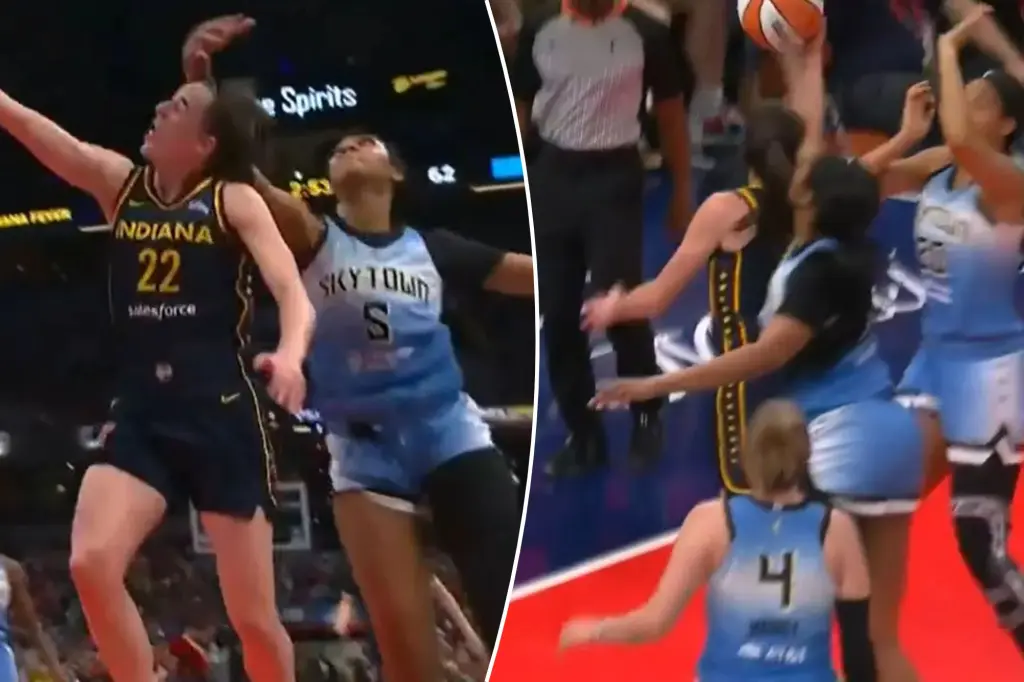Caitlin Clark’s electrifying entry into the WNBA has not only heightened interest in the league but also exposed underlying currents of jealousy and racial tensions that threaten the unity and progress of women’s basketball. Clark, whose performance on the court is nothing short of stellar, finds herself at the center of controversy not just for her skills but also for her race.
The Jealousy Factor
There’s no denying that Caitlin Clark has brought a new level of excitement to the WNBA. Her ability to draw fans, particularly during a time when the league is keen on expanding its viewer base, is undeniable. However, this surge in popularity has also brought with it a wave of jealousy from certain quarters within the league. This envy is not just professional but also tinged with racial undertones, given Clark is one of the few white stars in a predominantly black league.
Racial Undercurrents
The narrative around Clark has sometimes shifted from her basketball prowess to her race, with some critics and players suggesting that her accolades are due to her being white. Such accusations point to a deeper issue within sports where race can overshadow talent and hard work. It’s an uncomfortable conversation, but one that the league must address head-on to foster a more inclusive environment.
On-Court Incidents
The physicality of the game has also seen a troubling uptick when it comes to Clark. Several incidents, including a flagrant foul by Angel Reese, have raised concerns about the safety of players and the spirit of competition. These aggressive on-court actions, perceived by some as attempts to physically intimidate or injure Clark, do nothing but harm the league’s reputation and could potentially drive fans away—fans who are primarily there to see exciting, fair play and not deliberate aggression.
Protecting Talent and Integrity
The WNBA must take decisive action to curb any behavior that could be seen as targeting or endangering players like Clark. This goes beyond mere penalties for flagrant fouls—it’s about setting a precedent that the league will not tolerate discrimination or violence in any form. By doing so, the WNBA will not only protect its players but also its integrity and the diverse fan base it seeks to cultivate.
Moving Forward
As the WNBA continues to navigate these choppy waters, it must also engage in deeper dialogues about race, recognition, and respect in sports. Education, open conversations, and strict enforcement of conduct codes could be vital steps toward mitigating jealousy and promoting a healthier, more inclusive atmosphere. The goal should be to celebrate and uplift all athletes, regardless of race, and to focus on their common love for the game and their shared professional goals.
The situation surrounding Caitlin Clark is a microcosm of broader societal issues that find a foothold in sports. Addressing these issues head-on with honesty, courage, and resolution might not only safeguard players but also reinforce the WNBA’s role as a leader in promoting equality and sportsmanship on and off the court.

